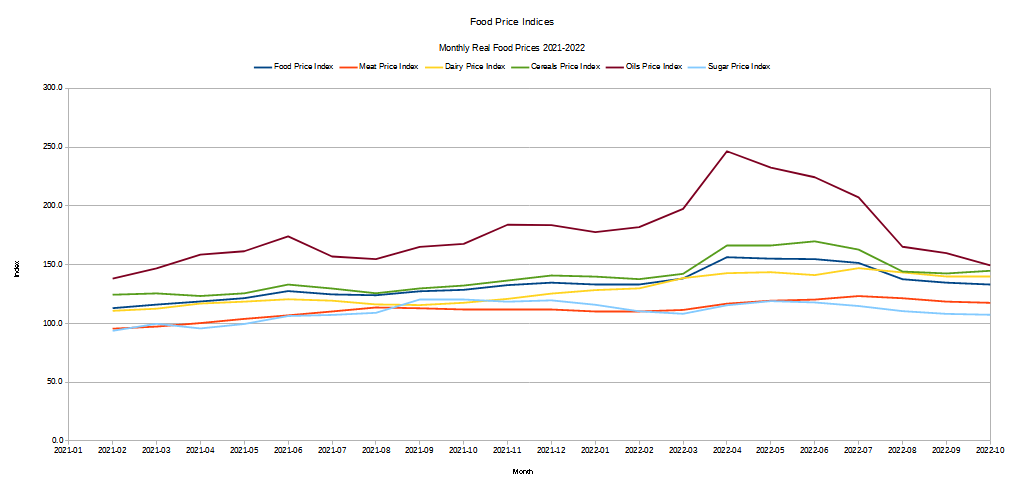High fertilizer prices in 2022 makes food insecurity and hunger increasingly likely in 2023.
Nigeria won’t have to wait that long. Heavy rains and flooding have brought hunger home to Nigeria.
This is the reality of life in the country's food basket. Unprecedented rainfall caused devastating flooding that killed least six hundred people nationwide and left more than a million homeless. It is the worst flooding Nigeria has seen in over a decade.
The country is accustomed to seasonal flooding, but this year has been markedly worse. Now the flooding is over, Nigerians face the fact that it was not just lives and homes that were lost, but also swathes of the nation's best farmland.
Benue State in Nigeria has long been wracked by agricultural conflict between farmers and livestock herders. October’s unusually heavy rains have now added countless more to the 1.5 million people already displaced by ongoing conflict.
The situation is now made dramatically worse as flooding along the Benue River has destroyed untold amounts of rice and other crops in what is generally considered to be Nigeria’s breadbasket.
The timing is made worse by the fact that, while food price inflation in general is receding in the world, according to the UN Food And Agricultural Organization, the real price index for cereal grains has been increasing.
The destruction of Nigeria’s rice crop is only going to exacerbate rising grain prices in the world, making it that much more expensive for Nigeria to feed its people in coming months.





This is tragic!
Even more tragic is the destruction of our collective ability to provide relief.
It is going to get increasingly ugly. I see no way out of this.
Thanks for hi lighting this issue, PNK.
I know this is difficult to write about.